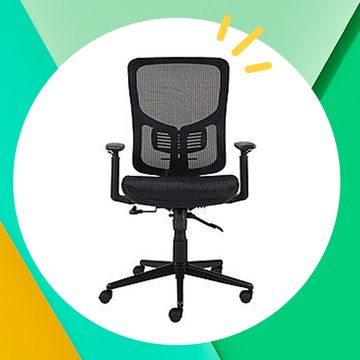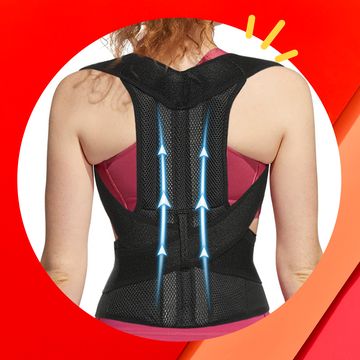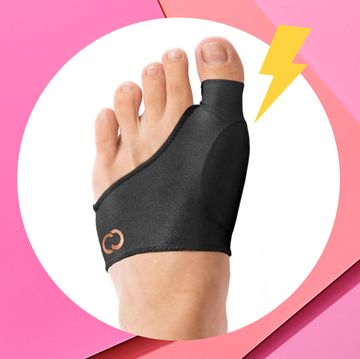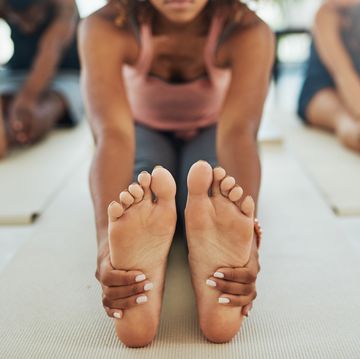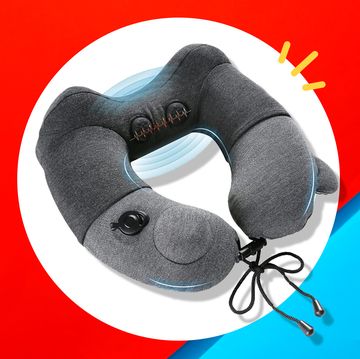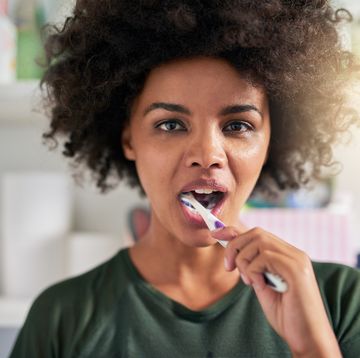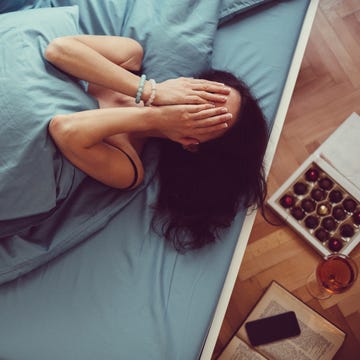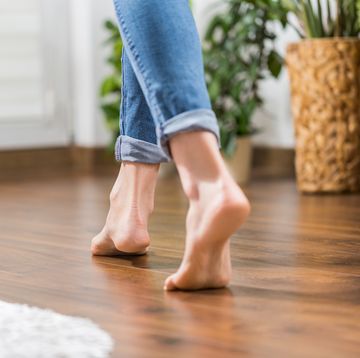Odds are, you take your ability to pee normally for granted. You just head to the bathroom when you have to go, do your thing, flush, and go about your life. So it’s understandable, then, that you wouldn’t give it much thought—until you develop kidney stones symptoms.
While you’ve probably heard of kidney stones before, you might be a little fuzzy on the details. Kidney stones are small, hard mineral deposits that can form in your kidneys. And some people are just prone to developing them, says Brian Norouzi, M.D., a urologist with St. Joseph Hospital in Orange, California.
While kidney stones are slightly more common in men than women, anyone can develop them, says Ralph V. Clayman, M.D., a professor in the department of urology at the University of California, Irvine. (It’s not totally clear why men are more likely to develop kidney stones, but stones are often linked to a higher salt diet and dehydration, Norouzi says.)
There are a few ways doctors can treat kidney stones, and it ultimately depends on their size and location, says David Kaufman, M.D., director of Central Park Urology, a division of Maiden Lane Medical in New York City. The majority of stones will pass, meaning, you’ll have to pee them out, but it’s “not fun,” he says.
Related: 8 Easy Things You Can Do To Avoid Peeing Your Pants In Public
Larger stones can be broken up into smaller pieces with a device that passes energy waves into the body directly at the stone, Norouzi says.
Here's the thing: the symptoms of kidney stones in women can be easily confused with symptoms of a urinary tract infection or even appendicitis, Clayman says.
Clearly, the treatments are very different, which is why it’s so important to be aware of these major symptoms.
Pain In Your Back, Belly, Or Side
This kidney stone symptom happens because your ureter, the small tube that passes urine from your kidney to your bladder, is blocked with stones—and it doesn’t feel good, Clayman says. This can cause severe pain around your kidneys (which are located in the middle of your back), but that pain can radiate to your lower abdomen or thighs. If the pain becomes so intense that you can't sit still or find a comfortable position, have someone take you to the doc.
Burning When You Pee
Burning pee usually strikes when a stone is about to leave your ureter and enter your bladder, Norouzi says. The action stimulates your bladder and irritates the heck out of it, making it uncomfortable to go No.1. Obviously, UTIs and other down-there infections can cause you to feel a burning sensation when you pee, so talk to your doc to get to the root of the problem.
Bloody Urine
Like the inside of your mouth, the lining inside your kidney and bladder are sensitive, Norouzi explains. So if the stone either scratches the tissue or irritates it, blood can leak into your urine. If your pee is red, pink or brown, and you aren't dehydrated or full of beets, blood is likely to blame, and you should call your doc.
Related: The 8 Types Of People Most Likely To Get A Blood Clot
Constantly Having To Pee Little Drops
If you feel like you constantly have to pee, but can only squeeze out a little bit of urine at a time, it's possible that a kidney stone is passing through the ureter, Kaufman says. When this happens, the stone irritates your bladder, making you feel like you have to go a lot and often—even if you don’t. What's more, if large enough, a stone can completely block the ureter, he says. This symptom warrants a call to the doc, even if you aren't experiencing any other signs of kidney stones.
Nausea And Vomiting
This could be a sign that your kidney is obstructed, meaning the ureter is partially or totally blocked, preventing urine from making its way onto your bladder, Clayman says. The nerves to your intestines and kidney are shared, and a kidney obstruction can impact your digestive tract, making you feel nauseated and even vomit. If your nausea and vomiting accompanies any other kidney stone symptoms in women on this list, call your doctor immediately to make sure you don't have a kidney stone.
Related: Here's How 28 Pounds Of Feces Managed To Accumulate In This Man's Bowels
Seriously Foul-Smelling Urine
Asparagus pee is definitely a thing, but it's got nothing on the stench that can sometimes accompany kidney stones, Kaufman says. After all, kidney stones are a byproduct of chemical buildup in your urine. If you experience particularly pungent pee along with any other kidney stone symptoms in women, give you doc a call or stop on in.
Fever And Chills
Obviously, having a fever and chills alone isn’t a sign of kidney stones, but if you have them with other kidney stone symptoms in women, it’s a sign that you have an infection (stones can act as a safe haven for bacteria). “That becomes a medical emergency,” Kaufman says, and it needs to be treated immediately. If you experience a fever and chills along with the other tell-tale signs of kidney stones, get to the emergency room ASAP. Only once the stone is removed will doctors be able to clear up the infection with antibiotics, he says.


